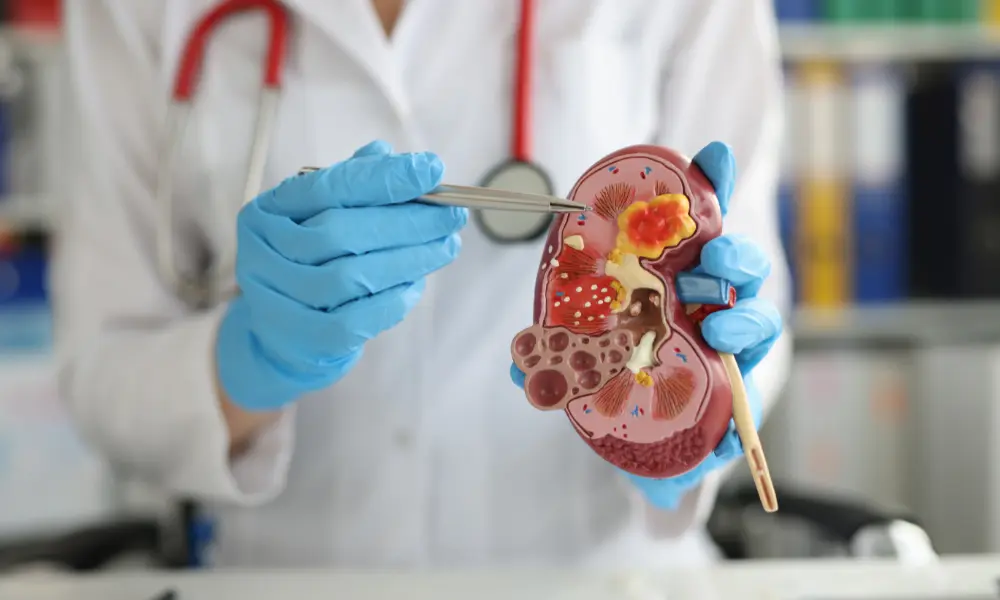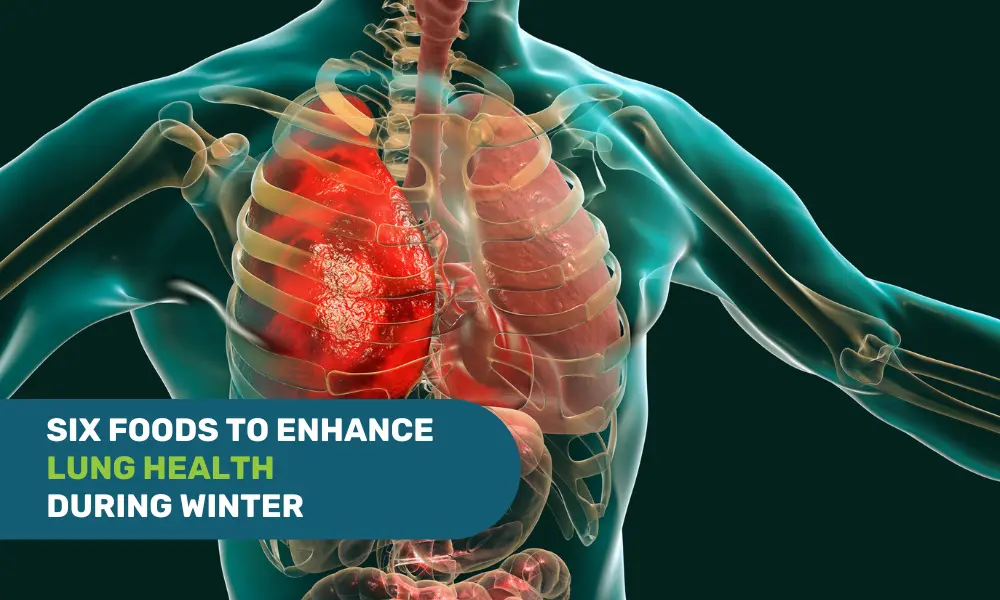The kidneys in the human body perform the most vital functions, which focus on maintaining the body’s internal balance. These functions include filtering waste and excess fluid from the blood, regulating blood pressure, maintaining mineral and electrolyte balance, and producing hormones. However, if one has kidney disease, they may not notice many warning signs initially, but as the condition progresses, they may develop a few on the face and neck.
Symptoms of Kidney Disease that may appear on the Face and Neck:
Five important symptoms that show up on your face and neck, even though they are not exclusive to the condition, include:
-
Itchy, red spots around the neck: If your kidney disease has reached an advanced stage, you may notice red spots that become itchy around your neck. This condition, known as uremic pruritus, or CKD-associated pruritus, is mostly caused by a buildup of waste products in the blood that irritates the skin. According to healthcare experts, several other skin problems associated with kidney disease include dryness, rashes, and even blisters, which can occur on the neck and face. Kidney disease affects our skin’s ability to retain moisture, leading to dryness and irritation, which thereby exacerbates itching.
-
Swelling on the face: A puffy face or swelling is one of the earliest signs of kidney disease, often occurring due to the accumulation of fluid when the kidneys stop functioning properly. Commonly known as nephrotic syndrome, it happens when there is excessive protein in your urine because of a kidney problem. This also leads to sudden weight gain. Doctors suggest that while most of the time, nephrotic syndrome goes away with medicine, sometimes it can lead to further deterioration if ignored, and the swelling can progress to other body areas like the feet and ankles.
-
Neck vein distention: The jugular Vein Distention, or JVD – also known as the bulging of neck veins – is one of the most visible signs of kidney disease, especially when it happens due to fluid overload or heart problems caused by kidney issues. Kidney disease leads to fluid retention – thereby increasing pressure in blood vessels and causing the veins in the neck to become more prominent. Doctors suggest it is often a sign of increased central venous pressure, which reflects how well the heart is pumping blood and how much blood is returning to it.
-
Dark undereye circles: Dark circles can make your whole face appear tired and sad. According to studies, kidney problems contribute to these dark circles, as the weakened organs lead to a lack of vitality and dryness in the skin under the eyes. Doctors suggest that when your kidneys are not functioning properly, they may not be able to effectively filter waste and excess fluid from the body. It then causes fluid retention and waste accumulation – making the skin around your eyes swell and darken, resulting in dark circles.
-
Pale skin tone: Once you spot paleness in your face and neck, it can be a sign of kidney issues. Doctors say that when your kidneys stop functioning properly, they are not able to remove waste and toxins from the blood effectively. This leads to a buildup of these substances, which causes discoloration of the skin, including a pale or greyish hue, and other subsequent changes, such as yellowish or darkened skin. According to healthcare experts, as your kidney disease progresses, you may also notice changes in your nail color, which may begin to appear half white and half red, pale, or have white bands running across them.
Prevent kidney disease
Here are some preventive measures that one should adopt as a lifestyle change to maintain kidney health.
-
High salt intake can lead to high blood pressure. One must aim for less than 2,300 milligrams of salt per day by choosing fresh foods, cooking with spices, and avoiding processed foods.
-
It is essential to consume plenty of fluids, especially water, to help the kidneys function properly.
-
One must include whole grains, a variety of fruits, vegetables, and low-fat dairy into one’s diet.
-
Individuals must stay active throughout the day and aim for at least 150 minutes of moderate-intensity exercise each week to help control blood pressure and maintain heart health.
-
One must reduce their intake of foods and drinks high in added sugars to help manage their blood sugar and weight.
-
Overuse of over-the-counter pain medications like ibuprofen can damage the kidneys. Use them sparingly and talk to your doctor about regular use.
-
Smoking increases the risk of kidney disease and can worsen existing kidney problems; therefore, avoid smoking.
-
Excessive alcohol consumption can harm kidney function. Drink in moderation or avoid it entirely to protect your kidneys.
-
Individuals must discuss their risk factors for kidney disease with their doctor and ask about regular blood and urine tests to monitor their kidney function.
Kidney health is non-negotiable; therefore, one must ensure to practise a healthy lifestyle and stay aware of the symptoms of kidney disease that may appear on face and neck.
Disclaimer: This article is meant for informational purposes only and must not be considered a substitute for professional advice.





